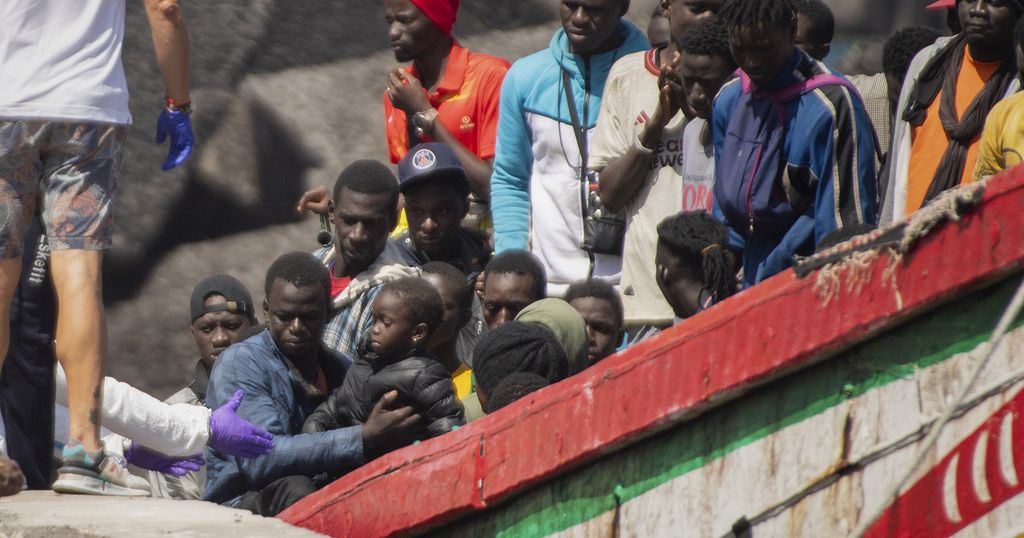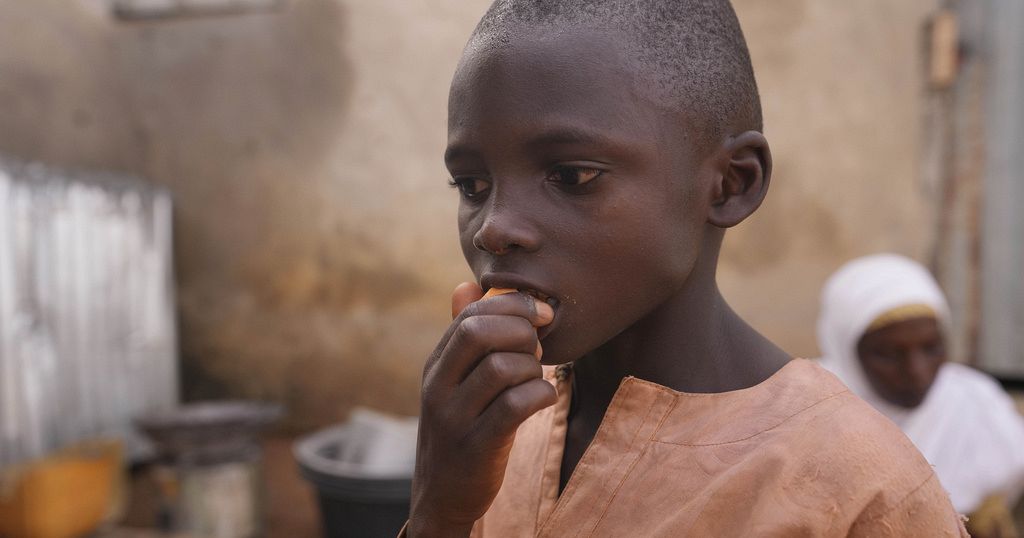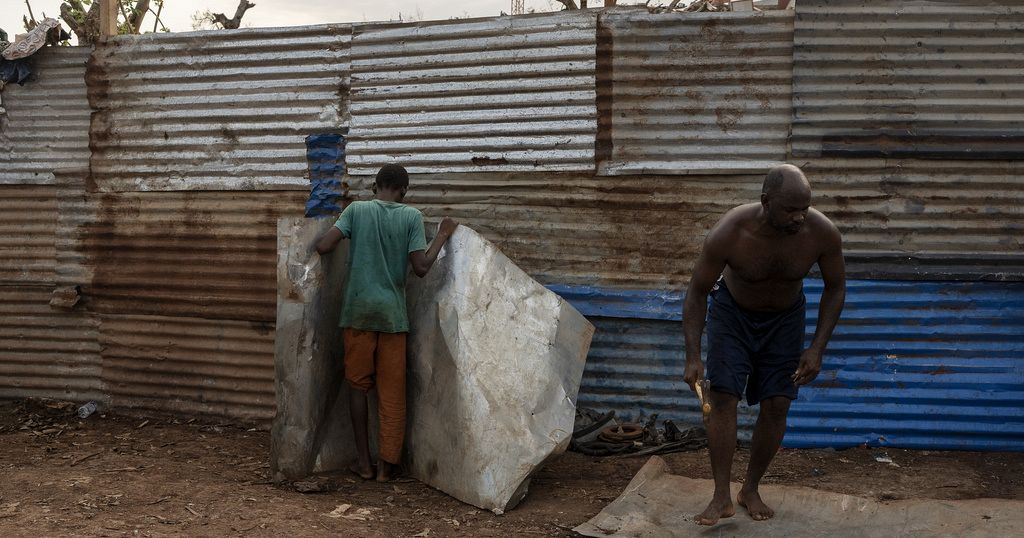Migration myths vs. facts: Numbers show a decline in Europe

Unauthorized migration to European Union nations declined sharply in the initial eight months of the year, regardless of increasing political rhetoric, violence aimed at migrants, and gains by far-right anti-immigration gatherings.
However, migrant arrivals to the Canary Islands, a crucial route situated near Africa, observed a notable surge. Irregular migration dominated the European parliamentary elections in June and impacted recent local elections in eastern Germany, where a far-right party won initially since World War II’s conclusion.
This week the German government declared it was expanding frontier oversight around its territory following recent extremist assaults.
What do the figures expose?
Despite the heated discussions, irregular crossings over the southern borders of the European Union the area that notices the most unauthorized migration were down by 35% compared to last year in the first eight months of 2019, according to preliminary figures released by the United Nation’s International Organization for Migration.
2024 has so far seen close to 115,000 migrants arrivals into the EU via Mediterranean and Atlantic routes without permission. This figure is less than 0.03% of the EU’s population. During the same period last year, the region witnessed 176,252 arrivals, according to a report by the UN.
Data by the EU’s border and coast guard agency Frontex shows a similar trend: Unauthorized crossings over the region’s southern borders fell 39% this year compared to last year.
“The emergency is not numerical this year, nor was it last year,” Flavio di Giacomo, a spokesperson with the IOM office for the Mediterranean, told The Associated Press.
Camille Le Coz, an associate director of the nonprofit Migration Policy Institute in Europe, said irregular migration is “getting way too much attention compared to the scope of the issue and compared to other issues Europe should be tackling, such as climate change.”
The most commonly used route for migrants is from North Africa, across the dangerous Central Mediterranean to Italy. Yet roughly 64% fewer migrants disembarked in Italy this year than during the same period in 2023, according to IOM and Frontex numbers.
Experts say that’s a result of the EU-supported crackdown in Tunisia and Libya, which comes at a price for migrants, many of whom are systematically rounded up and dumped in the desert.
Spike in the Atlantic
Meanwhile, irregular migration from West Africa to the Canary Islands via the Atlantic, the third-most-used route, has more than doubled: More than 25,500 migrants mostly from Mali, Senegal and other West African countries had arrived in the islands as of Aug. 31, the U.N. says.
Countless other migrants have gone missing along the route, where strong winds and strong Atlantic currents work against them. Several migrant boats, carrying only the remains of Malian, Mauritanian and Senegalese citizens, have been found this year drifting as far away as the Caribbean and off Brazil. Precise numbers are hard to verify, but the Spanish migrant rights group Walking Borders has reported more than 4,000 dead or missing.
A serious humanitarian crisis
The adult migrants who successfully make it to the Canaries usually keep moving, headed for the promise of jobs and safety in mainland Spain or other European countries farther north. But that is not the case for thousands of unaccompanied minors. Under Spanish law, these young migrants must be taken under the wing of the local government, leading to overcrowded shelters and a political crisis. Earlier this year, island leaders fought unsuccessfully to have other regions of Spain share the responsibility.
Spanish Prime Minister Pedro Sánchez recently travelled to three West African countries in an attempt to curb migration. In Senegal, he and President Bassirou Diomaye Faye signed agreements to promote temporary work opportunities in Spain for Senegalese nationals and vocational training in Senegal. They also agreed to step up police cooperation.
Current anti-immigrant sentiments notwithstanding, Europe’s ageing population, declining birth rates and labour shortages have only increased the need for immigrant workers to sustain pensions and boost economic growth.
Source: Africanews















